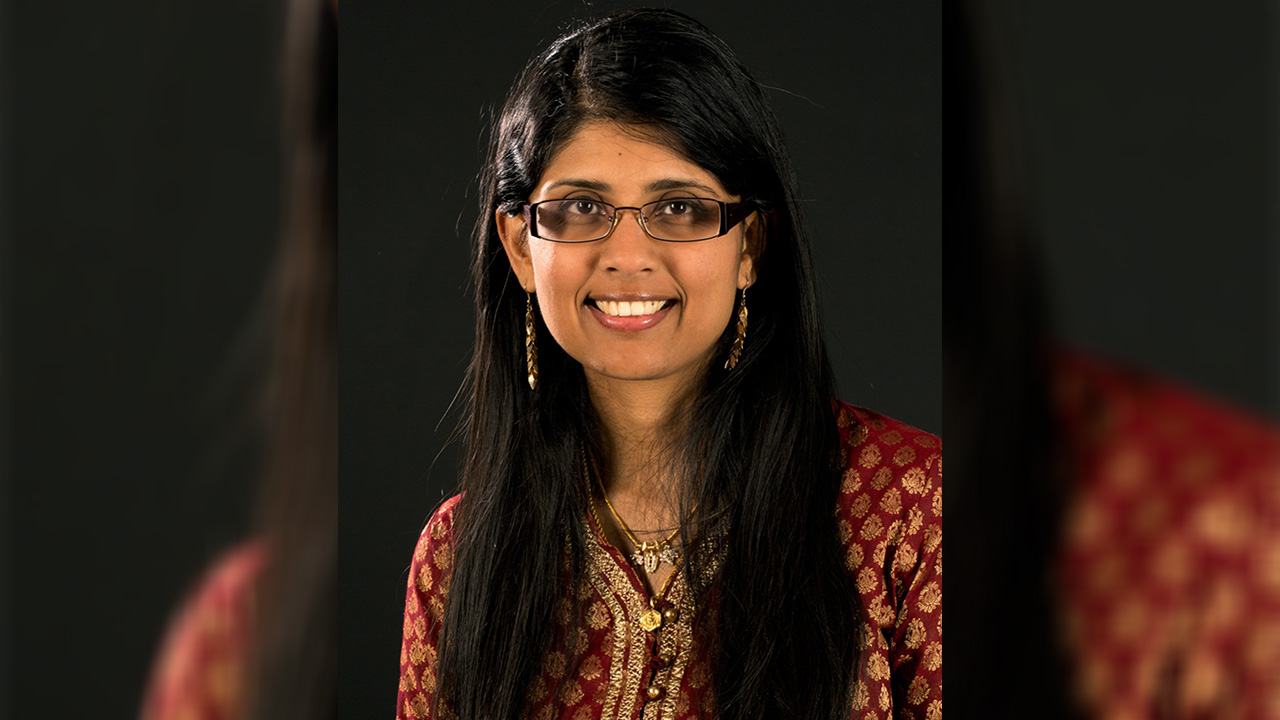Diaspora (Commonwealth Union) _ In a significant stride towards combating dementia, a renowned Indian-origin neurologist, Dr. Ashvini Keshavan, joins a prestigious research team in the UK that secured a substantial grant this week. The grant aims to build upon recent advancements in potential dementia blood tests, with the goal of enhancing their accessibility and utilization within the next five years.
Dr. Keshavan, serving as the Senior Clinical Research Fellow and Honorary Consultant Neurologist at University College London (UCL), is part of a pioneering initiative focusing on the promising biomarker for Alzheimer’s disease known as p-tau217. Another team comprising researchers from the Universities of Oxford and Cambridge will explore various proteins to detect different dementia-causing diseases. Both projects aim to recruit participants from diverse backgrounds across the UK to facilitate a comprehensive evaluation for potential integration into the National Health Service (NHS).
“The development of blood tests capable of detecting proteins associated with dementia presents a ground breaking opportunity,” explains Dr. Keshavan. “Our studies seek to validate the efficacy and cost-effectiveness of these tests in real-world scenarios, addressing the current limitations in accessing gold standard diagnostic procedures.”
Funded by the Blood Biomarker Challenge grant, a collaborative effort between Alzheimer’s Society, Alzheimer’s Research UK, the UK’s National Institute for Health and Research, and Gates Ventures, the research endeavors aspire to revolutionize dementia diagnosis and care pathways. The UCL-led study, dubbed ADAPT, concentrates on plasma p-tau217, aiming to augment Alzheimer’s diagnosis alongside conventional memory clinic assessments. Conversely, the READ-OUT initiative endeavors to assess a spectrum of proteins to identify various dementia-causing diseases.
“If our investigations validate the clinical utility and affordability of these blood tests, it could pave the way for their integration into routine healthcare practices in the UK,” highlights Dr. Keshavan. “This would not only expedite the diagnostic process but also facilitate tailored post-diagnostic support and treatment strategies.”
Acknowledging the pressing need for early and accurate dementia diagnoses, Professor Jonathan Schott, Chief Medical Officer of Alzheimer’s Research UK, underscores the potential implications of such advancements. “Timely diagnoses are paramount, especially considering the potential advent of disease-modifying treatments,” emphasizes Professor Schott.
Traditionally, dementia diagnoses rely on memory tests and brain scans, which offer limited accuracy compared to specialized tests like PET scans or lumbar punctures. However, the accessibility of these advanced procedures remains limited. The emergence of blood tests presents a promising alternative, offering simplicity, affordability, and wider accessibility, thus heralding a new era in dementia diagnosis and care.








